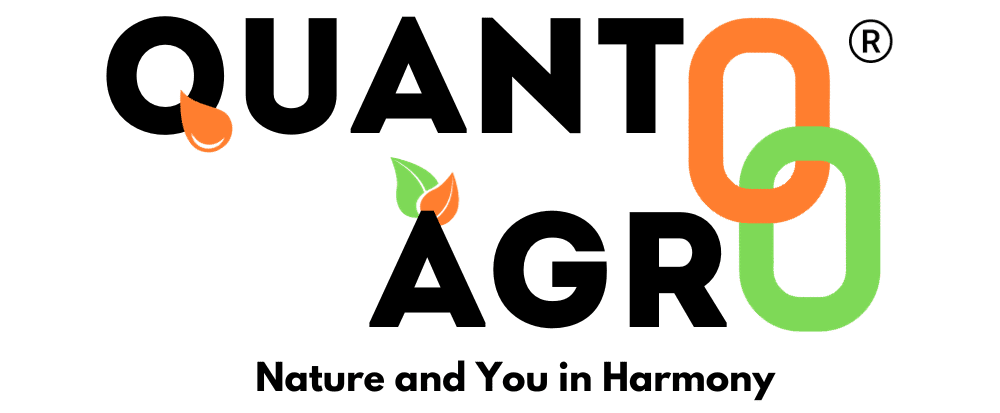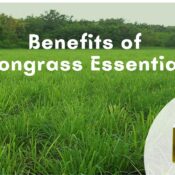
Discover the Profitable and Predictable Benefits of Lemongrass Farming
Lemongrass farming, as a commercial crop, is gaining popularity among farmers for several reasons. Lemongrass offers a refreshing citrusy flavour and aroma and is used in the production of lemongrass essential oil and aroma chemicals like citral. It finds applications in the pharmaceuticals, home care, personal care, food and beverage and aromatherapy industries. The need to replace synthetic components with sustainably sourced plant-based ingredients is driving demand globally.
In this blog, we will explore what makes lemongrass farming profitable and predictable, and the various benefits of this high-value crop.
Improved Soil Fertility and Reduced Chemical Use:
Lemongrass over its 7-years crop cycle helps restore soil fertility. It helps in bringing back the microbial life beneath the soil which aids in fixing the macro and micro nutrient profile and improves farm yield over time. Lemongrass farming makes the land ready for organic or chemical-free farming without loss in yield.
Furthermore, lemongrass has allelopathic properties that can inhibit the growth of weeds and other competing plants. Also, lemongrass is anti-bacterial and anti-fungal and is not impacted by any know pest infestation. This reduces the use of chemicals in lemongrass farming and the resultant environmental impact.
Low Maintenance and Regular Harvests:
After the initial phase of 6-9 months, lemongrass farming requires minimal care and attention. This reduces the overall operation cost and helps farmers in earning higher profits.
Furthermore, lemongrass can be harvested every 2-3 months, providing frequent and consistent income to farmers and FPOs year-round.
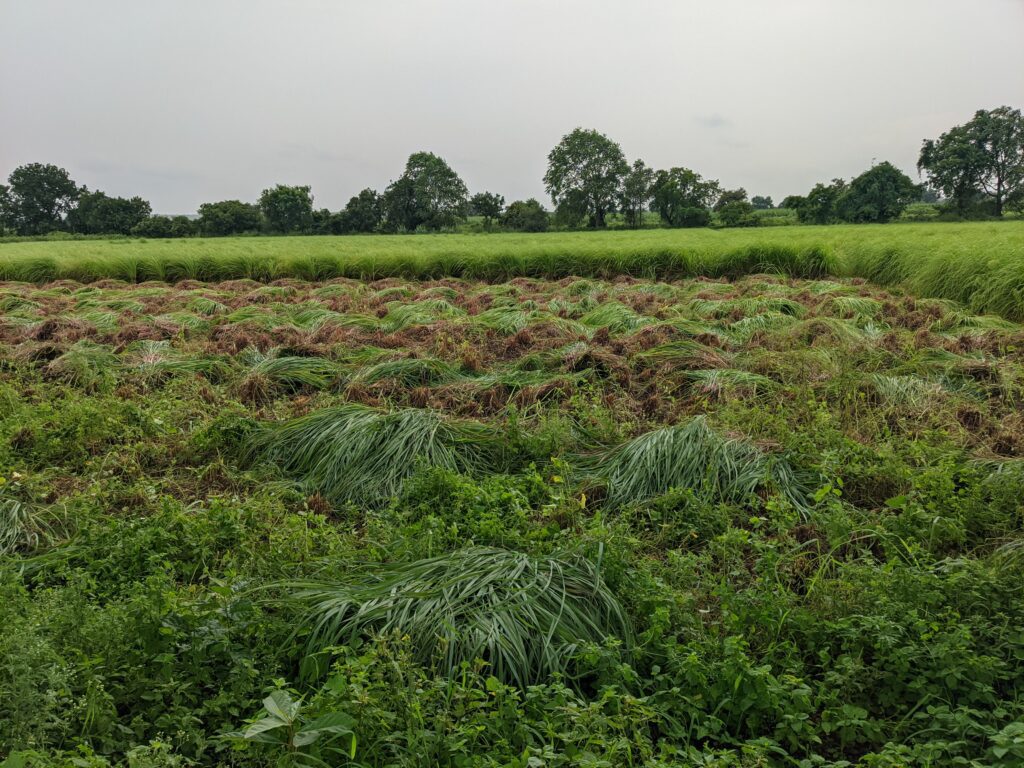
Climate Adaptation and Carbon Sequestration:
Lemongrass farming is an ideal solution for adapting to climate change. This crop can thrive in diverse climatic conditions, including areas with erratic rainfall patterns. Moreover, lemongrass yield remains stable even amidst unseasonal weather changes resulting from climate change. This provides farmers with a reliable income source.
In addition, lemongrass requires no tillage during its 7-year crop cycle, leading to significantly higher carbon sequestration and improving soil quality. This makes lemongrass farming a sustainable and environmentally friendly farming practice.
No Destruction Due to Wildlife:
The high citral content in lemongrass not only provides natural insect-repellent properties but also makes it unappetizing for animals. This reduces the need for chemical pesticides, making lemongrass farming a safer and more sustainable agricultural practice. By avoiding losses due to wildlife damage and insect infestations, farmers can achieve a more reliable and predictable income, ensuring financial stability and promoting long-term sustainability.
Transformation of Barren lands into Cultivable Farmlands:
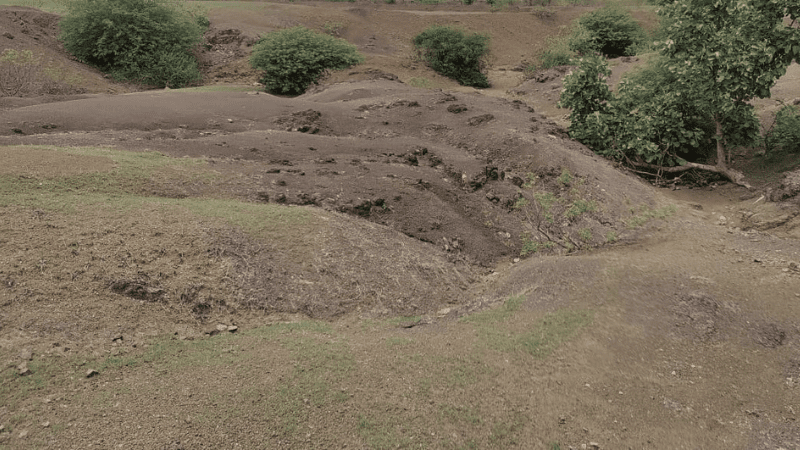
Perennial grasses like lemongrass can grow in marginal land or wastelands that may not be suitable for growing food crops. These grasses can help restore soil fertility over time, making it possible to grow other crops in the future.
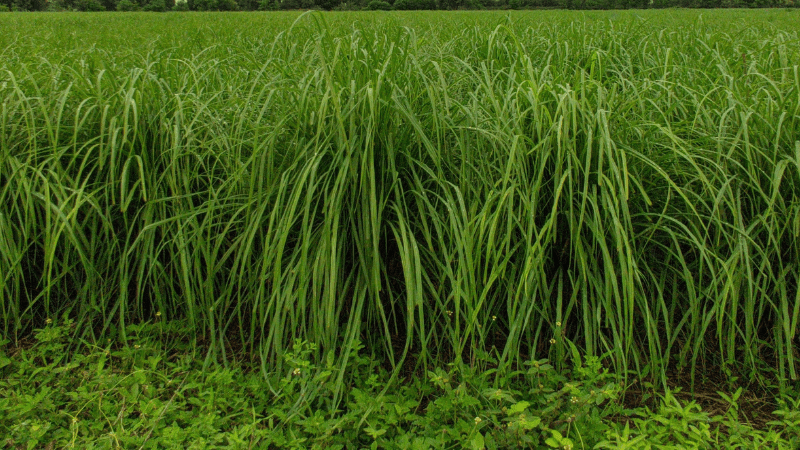
In conclusion, lemongrass farming provides a predictable and profitable yield due to its low maintenance requirements, resilience to wildlife damage and climatic variations, and high-value applications in various industries. By choosing to farm lemongrass, farmers can improve soil fertility, reduce chemical use, and contribute to climate change mitigation, all while enjoying a reliable income source.
All Categories
Recent Posts
+0123 (456) 7899
contact@example.com
